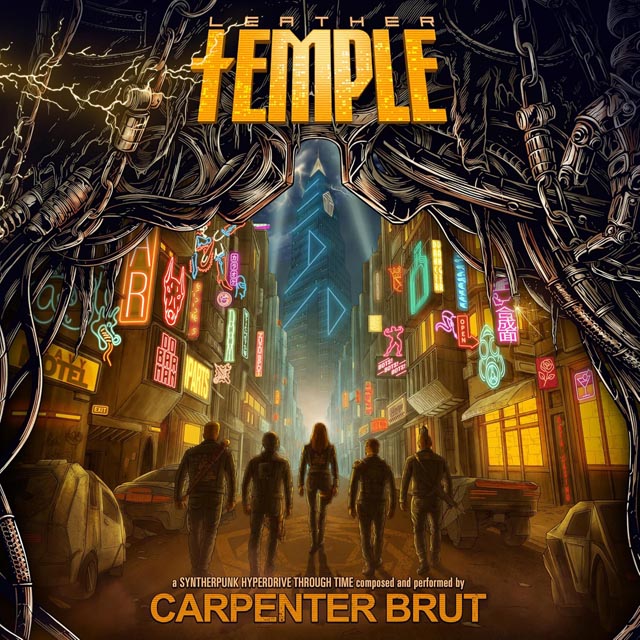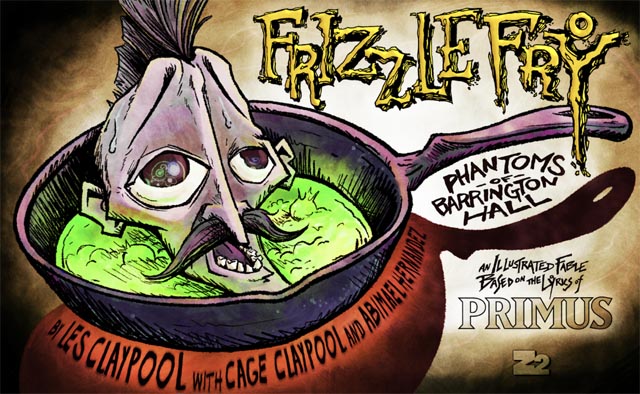While the second-ever P2P civil trial took significantly longer than its predecessor to settle on a jury, the case of Sony V. Tenenbaum is racing to a much speedier finish than the drawn out, appealed Captiol v. Thomas-Rasset. Of course it always helps speed up a trial when your defense attorney is admitting liability by day three.
This morning, one of Tenenbaum’s own attorneys acknowledged—though outside the presence of the jury—that Tenenbaum is essentially defenseless on the issue of whether he committed copyright infringement. During a discussion… Tenenbaum attorney Matthew Feinberg blurted out: “We’re admitting liability, your honor.”
The seemingly off-the-cuff remark did not constitute a formal throwing-in of the towel; the case will proceed, and liability will still be decided by the jury. But now it’s out in the open: this is really a trial about how much, not whether, Tenenbaum will have to pay.
But the plaintiffs remain determined to show just how liable Tenenbaum actually is…some of the most damning evidence against Tenenbaum… appears to show that he continued his use of peer-to-peer software to obtain and disseminate music even after he was contacted by the plaintiffs’ lawyers in early 2005, then sued in August 2007.
This is important not just for liability (which the defense appears to have conceded), but for the issue of the “willfulness” of Tenenbaum’s conduct—which could have a dramatic impact on the amount of damages awarded by the jury.
What kind of moron keeps file swapping after they’ve been caught and threatened with legal action? This cutting to the chase doesn’t mean we won’t see some courtroom drama, as Tenenbaum counsel Charles Nesson continued well, being a lawyer:
Nesson suggested through his questioning that the 25 partial files might not actually represent song files, but instead “spoofs” released by copyright owners to frustrate peer-to-peer users. Jacobson countered that he is confident they were real song files… and he testified that he cannot recall ever encountering a spoof in his years of work investigating allegations of copyright infringement.
Turning to the critical issue of harm, plaintiffs called their expert Stanley Liebowitz… [concluding] that the real culprit [in the music market’s downturn] was consumers’ newfound ability to obtain music on the Internet without paying for it.
On cross, Nesson’s interest in big theoretical questions returned. “What is property?” he asked to begin his examination. “Do you have a more pointed question?” retorted Judge Gertner, as she rested her face in her hands.
The attorneys ended the day by assuring Judge Gertner that they remain on track to conclude their presentations and give the case to the jury this Friday. We’ll keep you posted on this story as it develops, but for a worthwhile in-depth look, we recommend checking out Ars Technica’s superb coverage.










